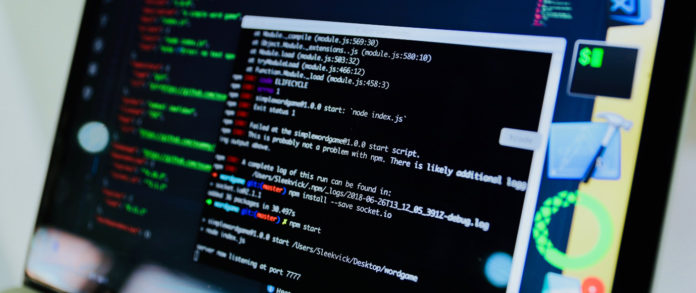Today, businesses cannot run without digitizing their operations to save time, money, and effort. Since the accounting department is among the most demanding, time-consuming, and paper-intense departments, the advent of accounting software is a blessing for accountants. However, the variety of such software in the market makes it challenging for the end users to pick one. Therefore, having a handy guide that enables users to decide which accounting solution they should pick is necessary.
Picking accounting software is a tough decision, especially because the cost of investment and transitioning from one to another is high. So, you’d want one service provider with whom you can associate for the long term without any issues. For this, you’d consider several factors. Every accounting software comes with a variety of packages and features to suit the needs of its target audience. However, if you feel that all these packages have similar functionalities and making a decision about automation is becoming confusing, keep reading this post to find some helpful pointers.
Considerations While Picking Accounting Software
When you look to invest in accounting software in the market, pay attention to the following points:
- General And Industry-Specific Functionality
The foremost thing to consider in accounting software is the features and functions it offers to its users. You should list down the core operations the software must perform like:
- Creating accounting reports
- Generating invoices
- Inventory management features
- Purchase orders, etc
While these general functions are crucial to accounting, you also need some industry-specific help to accomplish your accounting and finance objectives. For instance:
- An e-commerce business might need accounting software allowing integrations with the e-commerce software.
- A website developer might need to track the project’s profitability.
- Manufacturing concerns might need accounting to hold the reports of each product they produce.
An accounting solution that caters to both the general and specific needs of your particular industry should be higher on your list.
- Level Of Education
When you consider getting accounting software, you need to see how much training you’d need to impart for your employees to run it. Every new technology comes with a bit of a learning curve that enables smooth functioning and complete benefits extraction. So, if learning to use software becomes a Herculean task and is pretty complex, you might need to recalculate your decisions.
Consider a solution where it’s easy for your employees to understand the functionalities of the software. Minimal training should allow them to run the software and produce results.
- Accessibility and portability
When you consider accounting solutions, consider where the end user will be using them. Is your accounting team stuck in their office working, or are they spread in places and working from there? Consider this factor because if your business is in one location, an accounting package installed on a network server will be apt. However, if your employees are working from home or multiple locations, you’d need an internet-based app. It will help give field-employees access to the software anywhere, anytime.
Accounting applications protect financial data and files from damage due to mishappening, manipulation, natural disasters, etc. However, when it comes to storing this sensitive information virtually, the security system needs to be foolproof. No business can bear getting their private financial information leaked, misappropriated, or misused. Therefore, only authorized individuals need to have access to it. Further, saving information online is susceptible to hacking. Therefore, the application to use needs to have such strong levels of data protection that nobody else can break it.
Today, most accounting software comes with multi-factor authentication, among other security locks, to protect users’ data. Also, in case of any disasters, cloud-based software can store backups in multiple servers for you to extract later.
- Pricing plans
One of the most crucial things to note while choosing accounting software is its price. Depending on the scale of your business, you need to determine whether you can pay the high license fees or would want to go for subscription plans. When you purchase software and completely set it up, it will cost you highly. However, cloud-based and online applications begin from pretty affordable monthly subscription plans. They even come with trial periods for free, so you can see if it suits your business needs.
- User-friendliness
The interface and ease of using the software also affect your decision. If it is too complex to understand and not intuitive to navigate, you and your employees might not be comfortable accessing it. Therefore, check whether it provides you with an easy-to-access dashboard, cash monitoring tools, invoicing features, etc. It should simplify the procedure better than paper documentation rather than a complicated mess.
Wrapping up
The factors mentioned above apply to every business. You should also look into the industry-specific and custom choices based on your needs. Ensure your decision is worthy of your time, money, and effort.




































